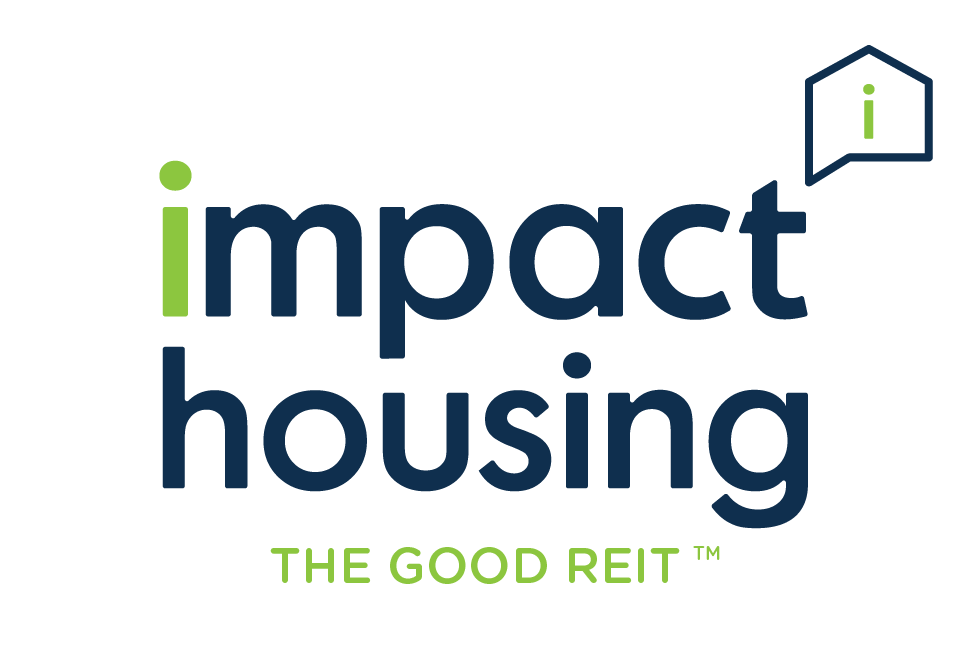What is Impact Investing?
Often called a “double bottom line” investment, impact investing enables investors to put their money to good use in meaningful, intelligent ventures that provide both a financial AND a social return on their investment.
Impact Investing is simply investing with a purpose. Often called a “double bottom line” investment, impact investing enables investors to put their money to good use in meaningful, intelligent ventures that provide both a financial AND a social return on their investment. Never before has this sector of investing been more important than now. The new Trump Administration and congressional control by the right has threatened the potential loss and/or defunding of many social programs including affordable, universal healthcare, affordable housing, planned parenthood and much more. Given the powers-to-be at play, the government alone can no longer be relied upon solely to solve the social issues affecting our country. It is now up to the people to invest in and protect the social fabric of this country. The good news is that those investing can still obtain solid, financial returns in the process.
Foundations and the ultra wealthy have long been participants in impact investing but only recently has this concept come into favor with everyday investors who want to make a difference and a return with their investment dollars. Opportunities to make a difference exist in housing, microfinance, healthcare, energy, food and agriculture targeted into both emerging nations and also here at home. Measuring financial returns is easier and much more scientific than the new metric of measuring the social and/or environmental impact claims of an investment. This is much more challenging as some social and environmental returns of an investment can take years to quantify. As such, investors are exercising more and more scrutiny over these returns. This will be a very important topic to watch as the sector unfolds.
According to Global Impact Investing Network (GIIN) survey of impact investors, 89% of those surveyed responded that their investments exceeded expectations, with financial returns that averaged only slightly lower than traditional “Market Rate Investments”. This figure is evidence that investors can do very well both financially and socially by engaging in impact investing.
Impact investing assets under management (AUM), estimated by GIIN to be close to $80 billion today, is expected to grow substantially by as much as $15 billion annually or more as more institutional investors rush into the sector to meet the demand of their more philanthropic-minded clients.
 Often deemed “Doing well by doing good,” Impact Investing is also expected to accelerate as tech saavy, socially-focused Millennials, who are more committed to repairing the world than previous generations, become wealthier and a force in the investing population. According to the Deloitte report Catalysts for Change, 75 million Millennials are positioned to become the wealthiest generation ever, surpassing the 80 million Baby Boomers. In fact, over the next 40 years, an estimated US$ 41 trillion will be transferred from Baby Boomers to their heirs, resulting in a very powerful Millennial population. This wealth transfer is likely to catapult Impact Investing into a leading asset class in the coming years.
Often deemed “Doing well by doing good,” Impact Investing is also expected to accelerate as tech saavy, socially-focused Millennials, who are more committed to repairing the world than previous generations, become wealthier and a force in the investing population. According to the Deloitte report Catalysts for Change, 75 million Millennials are positioned to become the wealthiest generation ever, surpassing the 80 million Baby Boomers. In fact, over the next 40 years, an estimated US$ 41 trillion will be transferred from Baby Boomers to their heirs, resulting in a very powerful Millennial population. This wealth transfer is likely to catapult Impact Investing into a leading asset class in the coming years.
On top of that, with the new Crowdfunding laws now in place thanks to the JOBS Act, anyone and everyone, regardless of income level or wealth, can invest in online private equity and pre-IPO offerings that do not require a money manager or institution in place. Millennial investors, especially are said to not favor the “white haired” financial advisor of the Baby Boomer generation and have a distrust of Wall Street and financial institutions in general following the financial crisis that began in 2008 that virtually crippled the housing, job and finance market.
The opportunity for private “social-impact driven” companies to raise capital online from anyone, regardless of wealth, is an exciting development on its own accord. That, coupled with current political landscape and the forthcoming wealth transfer from elderly Baby Boomer parents to young socially-focused Millennial adults presents a compelling argument that not only will impact investing will not only grow, but flourish in the time ahead.





